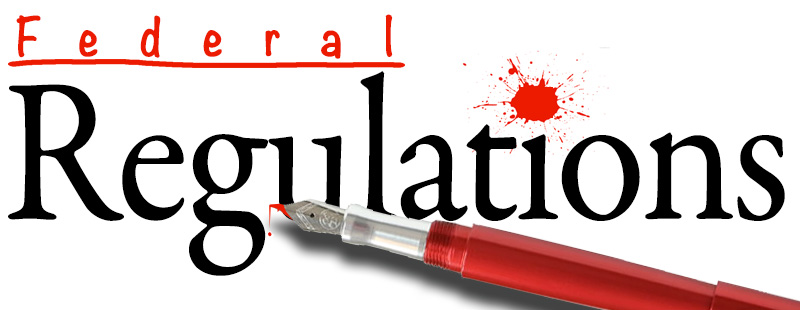Motorcoach industry unites behind landmark legislation

WASHINGTON – Members of the United Motorcoach Association have thrown their support behind a landmark congressional bill designed to roll back burdensome federal regulations on the bus and motorcoach industry that officials say amount to “regulatory overreach.”
Rep. Scott Perry, R-Pa., introduced HR 2120 last month, one day before more than 70 UMA members attended the annual Capitol Hill Days “fly-in” to meet with their representatives and express their support for the bill.
The industry paid a heavy price when FMCSA implemented more regulations and heavy-handed enforcement just to snag a few ‘rogue’ operators
“This is likely the most important legislation for the passenger carrier industry since economic deregulation in 1982,” said Ken Presley, UMA’s vice president of industry relations and COO.
“The industry paid a heavy price when FMCSA implemented more regulations and heavy-handed enforcement just to snag a few ‘rogue’ operators,” Presley said. “Ultimately, there was a tipping point, and UMA members are consistently saying ‘We’ve had enough!’”
The bill targets several regulations proposed or enacted by the Federal Motor Carrier Safety Administration, the National Highway Traffic Safety Administration and the Federal Transit Administration.
Industry advocates say HR 2120 — named Buses United for Safety, Regulatory Reform and Enhanced Growth for the 21st Century (BUSREGS-21) — is an attempt at comprehensive regulatory reform.
The goal is improving safety while relaxing unnecessary regulations in a way that will spark investment, growth and expansion in an industry that has contracted in recent years.

While federal highway and transit regulations have been streamlined over the past 20 years, those changes largely have overlooked necessary reforms for the private bus and motorcoach industry.
Advocates say that despite over-regulation of the industry by federal agencies, there has been no detectable improvement in fatality rates. At the same time, the motorcoach industry has experienced a sharp decline in total companies, number of vehicles, passenger trips and likely communities served during the past decade.
“I saw our business grow after the 1982 deregulation bill,” Presley told a group of UMA members during fly-in. “There are currently not enough new entrants. They create the new markets for our industry.”
Backers of the bill acknowledge that it might not make it all the way through the process in its current form, but they are confident that major provisions will be included in some legislation, possibly the infrastructure plan that Congress is expected to consider this summer.
A more in-depth look at HR 2120 will be included in the June 15, 2017, print edition of Bus & Motorcoach News.



